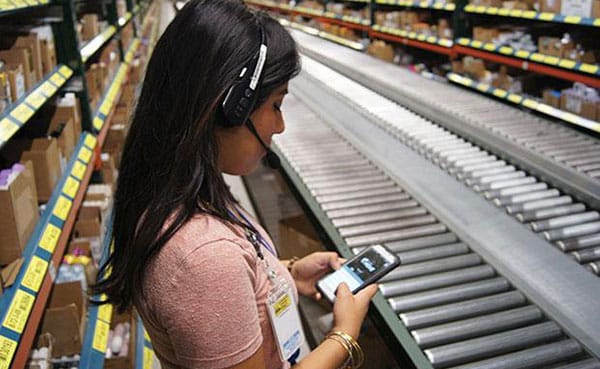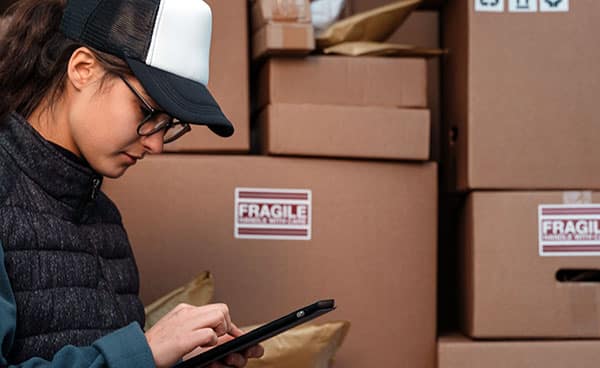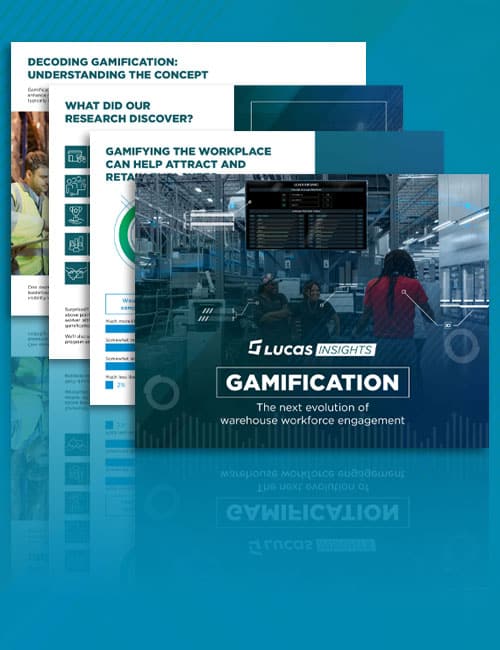In recognition of the Thanksgiving holiday this Thursday in the U.S., we have collected a few distribution and supply chain news items with a tie in to the holiday. We lead off with a report on online grocery shopping trends and new fulfillment technology investments, a Turkey traceability initiative using blockchain, and the impact of tariffs on cranberry and turkey prices.
Half Of Americans Are Shopping Online For Thanksgiving Dinner
Progressive Grocer magazine reports that a remarkable 44% of US consumers are shopping online for at least a part of their Thanksgiving groceries, up from 20% in 2017. This is part of an overall surge in ecommerce grocery shopping, which has set off an investment binge in new grocery fulfillment centers and final mile delivery by major grocery chains, other retailers (like Target), and ecom only companies.
According to the survey, consumers are still planning to buy their turkeys and pies at local retailers, but a surprising number of other Thanksgiving staples will be purchased online.
As for how grocers are planning to get those online orders to consumers, Reuters recently published a summary of the big technology bets companies are making to meet the growing demand for click-and-collect and grocery delivery. The solutions range from small scale, hyper-local “robotic” fulfillment centers at Stop & Shop to 500,000 square feet automated ecom DCs at Kroger and Walmart, among others. Read the full article here.
Know Your Turkey Better With Blockchain
For consumers who want to know where their turkey was raised, Honeysuckle White (a division of Cargill Inc.) this year is using blockchain technology to give people the answer. Each Honeysuckle White turkey has a special code printed on the packaging that consumers can type in on a designated website to see where their turkey was grown. Behind the scenes, blockchain technology is used to track each bird from the farm to your thanksgiving table. Read all about it on the Cargill website.
Blockchain is the technology that underpins Bitcoin and other so-called crypto-currencies. It also holds great promise for product traceability, as it creates a secure “shared” ledger for all transactions, promising to improve traceability and reduce the time and costs to track an item from a store back to the farm where it was grown. In previous food recalls, it has taken weeks to trace a food item. With blockchain, that should take seconds.
One emerging example of blockchain for the real world, Walmart has announced that it is requiring certain produce suppliers to join the IBM Food Trust blockchain network by September 2019. There will be costs to join and integrate systems with Food Trust. Read more and watch videos describing the IBM-Walmart blockchain initiative here.
Tariffs Are Affecting US Turkey and Cranberry Prices
Finally, the Wall Street Journal reports that U.S. trade tensions with China are directly and indirectly affecting supply and demand for two staples of the traditional Thanksgiving dinner, leading to savings for American consumers. Chinese tariffs on U.S. pork have cut Chinese demand, which has pushed down U.S. prices for pork, which has spilled over to poultry prices, including turkey.
Likewise, tariffs on imported U.S. cranberries has reduced demand in China and created a glut in the U.S. In fact, cranberry prices are now lower than the cost of production, according to the WSJ article.
______________________________
Happy Thanksgiving!





